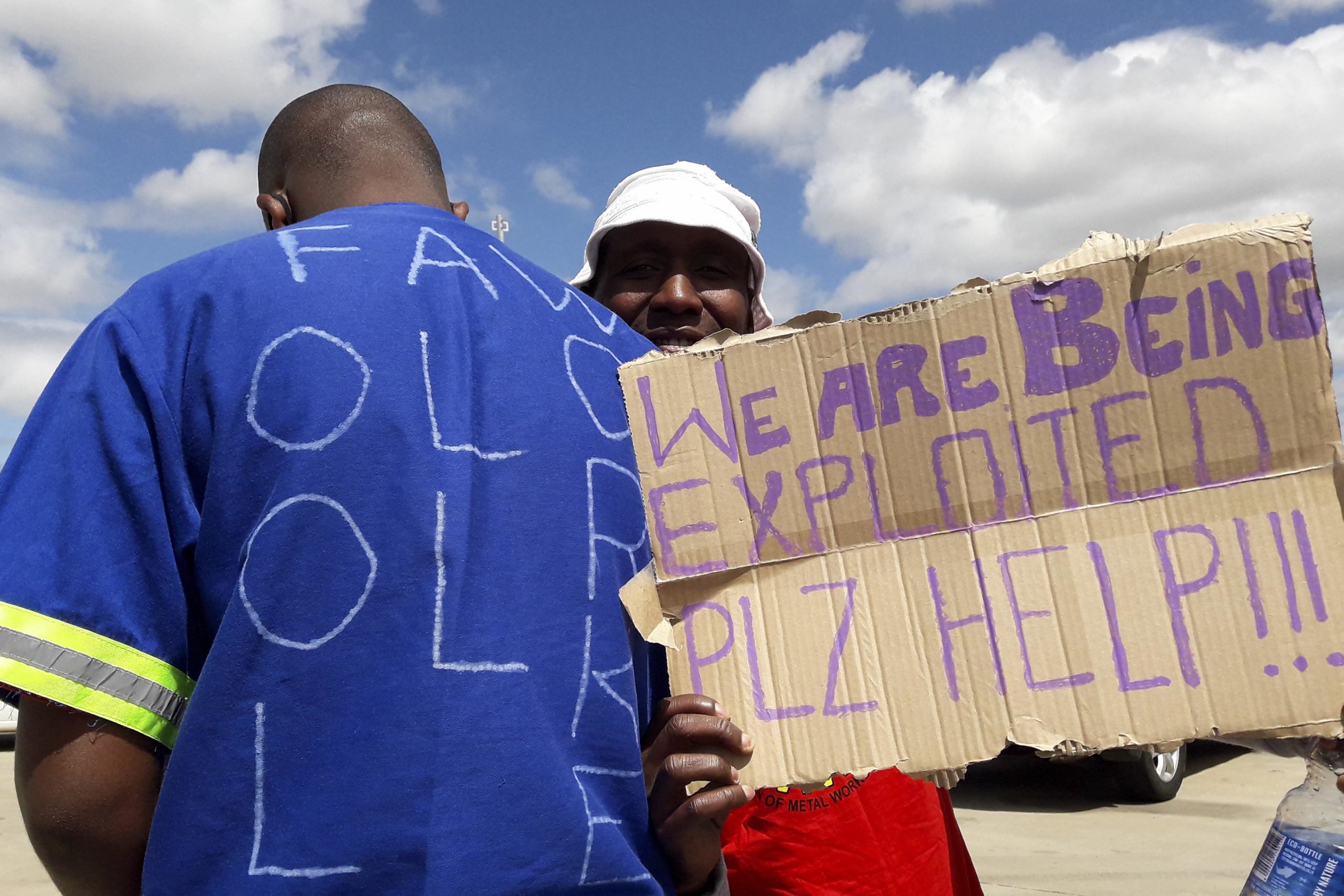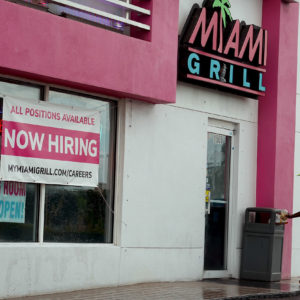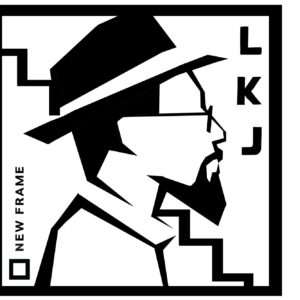Coega workers strike for basic needs
With the cost of living soaring, truck assembly plant workers in the Eastern Cape are having to make tough choices on wages that are below industry standard.
Author:
22 October 2021

Employees at the Coega assembly plant of truck manufacturer First Automobile Works (FAW) have embarked on a strike led by the National Union of Metalworkers of South Africa (Numsa). More than 100 Numsa members, including 70 outsourced workers, are demanding a minimum wage increase for all workers, employer medical aid contributions, a provident fund and the full-time employment of outsourced workers who have been working for more than three months.
“We are getting paid far less than what is required. We are getting paid R39.73 an hour. They point-blank refused us an increase for three years,” said a Numsa shop steward. A number of workers from the plant spoke on condition of anonymity as they fear victimisation.
FAW is a multinational company that has been operating in South Africa for more than 27 years. It has dealerships across Durban, Cape Town, Johannesburg and Gqeberha.
The strike is in the Eastern Cape for now, but Numsa Eastern Cape secretary Mziyanda Twani said the union is “in talks with our counterparts in Gauteng to possibly join the strike in order for the terms and conditions to extend to them as well”.
Related article:
Numsa said FAW’s refusal to join the Automotive Manufacturers Employers’ Association (Ameo) has been a stumbling block. It means the company does not fall under the National Bargaining Forum, which is where Numsa and Ameo negotiate wages.
This collective agreement of Numsa’s in the automotive sector covers workers at the BMW, Ford, Isuzu, Mercedes-Benz, Nissan, Toyota and Volkswagen plants. One of the demands of the strike is that FAW join Ameo, so Numsa members at the company receive the same wages and working conditions as other automotive workers.
The National Bargaining Forum has set a minimum wage of R91.04 per hour for entry-level workers and a maximum rate for qualified automotive workers of R135.82 per hour.
Outsourced workers excluded
The Coega assembly plant in Gqeberha, Eastern Cape, was worth R600 million when it opened in July 2014. Although profits for FAW have increased over the years, workers say that “exploitation labour” has been the company’s core value.
Workers also criticised the predominantly white management setup at this plant. “We work like slaves here while only white workers get considered for a promotion,” the shop steward added.
Workers said the company often provides workers with a production incentive, based on a set target of trucks manufactured daily. “We get paid up to R700 for the incentive,” said a male employee.
But outsourced workers say the incentive system discriminates against them as it is exclusively for permanent workers, even though they also meet the daily production target. “When we enquire with management, we are told off and told the system does not apply to us,” said one outsourced worker.

Outsourced workers said the employer does not provide them with protective gear, and some workers have to buy their own safety shoes. “With Covid-19 still active, we don’t think it’s right that we are given used masks and no protective gear. Some time ago, I was given an old jacket with holes in it,” said an employee in their late 30s.
These workers also criticised FAW’s vaccination drive. They said they were not allowed enough observation time off for Covid-19 symptoms to start showing and that management told them to “go back to work” immediately after receiving the vaccine.
“The company issued vouchers for the vaccinations … but we didn’t get any. Some outsourced workers were vaccinated, but others were not. Those that were vaccinated only got on the list after some permanent staff were not available,” said an employee who is in their 40s.
Gender discrimination
The workers claimed that pregnant women are forced to go on maternity leave early rather than be assigned less strenuous labour. “Some workers are told that there is no work for them while pregnant and that they should rather stay home. Even maternity pay is a problem because some workers struggle to get paid, others only receive the money four months after their leave and by then they are back at work,” said a female technician.
Another female employee said, “Sometimes one manager would say do less work while another will assign you to hard labour. Because you want to keep your job, you soldier on and do the work. I worked up until a week before my labour. If it weren’t for my co-workers, I would not have been able to get the job done. I do repairs and at times drive the truck. With that big stomach, you are required to go up ladders and go under a truck for maintenance work.”
Related podcast:
One of the workers’ demands is the provision of medical aid. “Here, production is much more important than workers’ rights. As long as trucks are going out, how much we get paid is not a priority. We have raised the matter of personal protective equipment, we have asked for jackets because it’s cold here in winter, yet that has not been responded to by management,” said an employee.
Numsa said one of the benefits that workers are demanding is that the employer contributes 50% towards medical aid for employees. With the cost of living as high as it is, private medical aid is unaffordable on wages amounting to R6 000 a month.
“At times we have to choose between buying eggs and getting private medical care. We can’t have both. The company does not want [public] clinic sick notes and has made it mandatory for us to provide a doctor’s sick note. With the money we are receiving, we can’t afford private medical consultations,” said a male worker.
Private security guards barred New Frame from entering FAW’s Coega plant to speak to management. Phone calls were unreturned and the company had not responded to questions sent by email at the time of publication.
After publication, FAW safety manager Steven Erasmus responded with “no comment” and blocked the reporter’s number.
This article was updated on 22 October to include the belated response from FAW.


